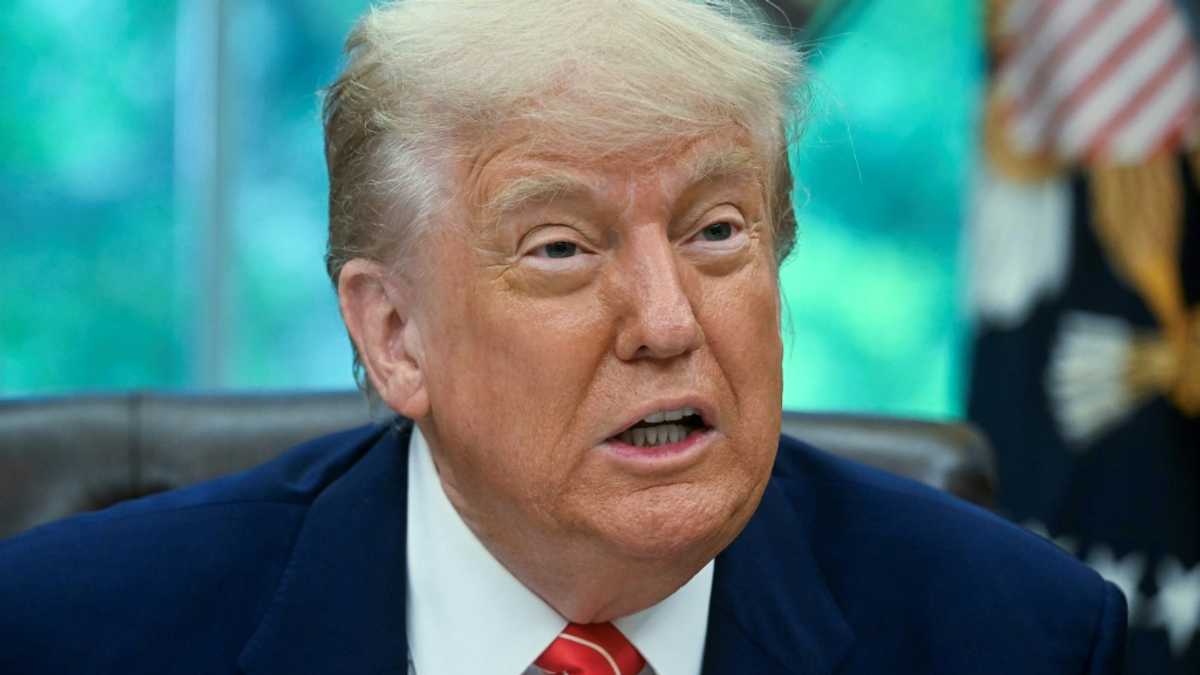Trump's Proposed Tariffs on Foreign Films Spark Debate

Donald Trump's recent announcement of a potential 100% tariff on movies made outside the United States has sent shockwaves through Hollywood, raising numerous questions and concerns. The move, framed as a measure to protect American filmmaking and address runaway production, has been met with confusion and uncertainty by industry executives, studios, and state officials alike.
Governor Gavin Newsom of California, amid pushing for increased film and TV tax incentives for the state, finds himself potentially at odds with Trump's policy. While Newsom's office initially had no comment, they later asserted that Trump lacks the authority to impose such tariffs under the International Economic Emergency Powers Act. This sets the stage for a possible legal challenge from California.
Trump's justification for the tariff hinges on the argument that runaway production constitutes a national security threat, as other nations allegedly lure American filmmakers away with incentives. He accused other countries of "stealing moviemaking capabilities from the US" and using film for "messaging and propaganda."
The practical implications of the proposed tariff remain unclear. Questions abound regarding its implementation, scope, and potential impact on consumers. It's uncertain whether the tariff would apply to television productions in addition to movies, and how it would affect films with international co-productions or those already in production overseas, such as "Mission: Impossible – The Final Reckoning."
Several mega-budget blockbusters, including "Avengers: Doomsday," "Avatar 4," and Christopher Nolan’s "The Odyssey," could face significant budget increases if the tariff is implemented. These films, currently shooting in locations like England, New Zealand, and Sicily, may incur substantial costs when importing scenes back into the U.S.
Hollywood, for the most part, appears to be against the tariff. The industry has long sought federal subsidies to compete with incentives offered by countries like the UK and Canada, rather than protectionist measures like tariffs. Some hope Trump might be open to federal film incentives, but that would require Congressional action.
The Motion Picture Association (MPA) has remained publicly silent so far, while studio in-house counsel and outside firms are reportedly scrambling to understand the specifics of Trump's proposal. The uncertainty has fueled speculation and concern about the future of film production and distribution.
Trump's move has raised constitutional questions about the limits of presidential power in trade matters. Legal challenges are anticipated, especially given Newsom's team's skepticism about the president's authority under the IEEPA. The stock market's reaction is expected to be the first indicator of the tariff's potential impact.
Ultimately, the entertainment industry is left grappling with uncertainty, awaiting clarification on the scope, implementation, and legality of the proposed tariffs, bracing for potential financial fallout and shifts in production strategies.











